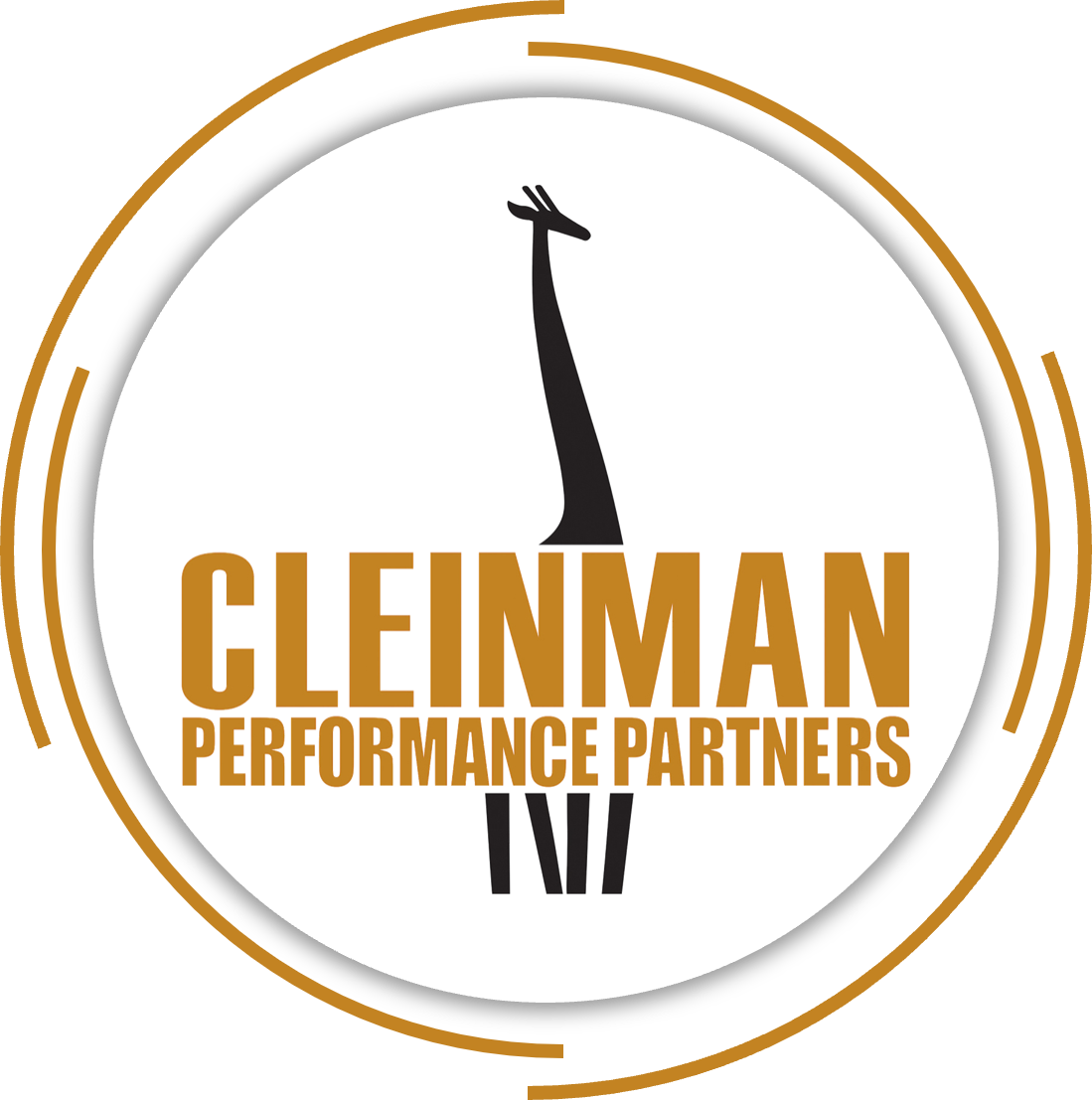For a detailed analysis of the state of the profession of optometry by President and CEO Al Cleinman, click here to read his blog: “Is Optometry on its Deathbed?”
Frequently Asked Questions
WHAT IS AN OPTOMETRY BUSINESS CONSULTANT, AND WHY DO I NEED ONE?
Business ownership is increasingly complex. Like any profession, experience plays a significant role in increasing efficiency and effectiveness. Thus, a business consultant should be in a position to deliver or assist you in development systems and skills faster than you might otherwise accomplish. If you are at all uncomfortable or unsure of yourself in the business world, a consultant may provide invaluable information. Invest the time necessary to learn what services each firm delivers and how they are provided. Likewise, determine what a firm is willing to invest in its relationship with you.
WHAT IS THE BEST WAY TO MARKET VISION THERAPY?
Like any specialty, Vision Therapy should be targeted toward a specific market segment. In the cast of Vision Therapy, the audience is parents of school age children as well as those individuals in a position to refer, such as teachers, nurses, pediatricians, etc. It is critical to understand your market’s motivators and appeal to their emotional needs. In the case of Vision Therapy, the most important message to get through is the “why” behind the service. Why is it that you are interested in Vision Therapy? What stories do you have to tell about your successes in the specialty? How have you changed people’s lives through providing Vision Therapy? The consumer doesn’t readily understand Vision Therapy, so what can you do to educate them?
SHOULD I LEASE OR BUY OPTOMETRY EQUIPMENT?
Given the typical tax recover allowances (Section 179), it is generally better to purchase your equipment than to lease it. However, consult with your accountant on any capital investment.
HOW MUCH CAN I BORROW FOR OPTOMETRY EQUIPMENT?
The firm selling you the equipment should be able to arrange financing.
HOW DO I GO ABOUT BUYING AN OPTOMETRY PRACTICE?
Never try to buy a practice yourself. Like optometry, transaction work is highly specialized and requires both technical expertise and years of experience. Retain a professional with a track record of successful transactions. The cost associated with the service will be far less than the improved results.
As with the sale of a practice, buying a practice is full of pitfalls. That said, it’s often far less risky to acquire an existing practice than to start cold. The reason is that, generally, an existing practice has cash flow. And in the valuation process, cash flow is the most important consideration. Often, practice value is the first concern of a buyer (and seller). The reality is that value should actually be the last consideration. Before concerning yourself with practice value, there are myriad questions to answer. Does the market have opportunity? Is there a good team in place? Is the facility and equipment modern? Is the location right? What is the owner’s transition plan?
An experienced consultant can save you time and money as you work together through these important questions.
HOW DO I SELL MY OPTOMETRY PRACTICE?
Never try to sell or transition your practice yourself. Like optometry, transaction work is highly specialized and requires both technical expertise and years of experience. Retain a professional with a track record of successful transactions. The cost associated with the service will be far less than the improved results.
We recently encountered a good example of a typical mistake an optometrist/owner makes when attempting to navigate a sale on their own. A client decided to sell their practice to a young associate who had been with them for a year. The purchase price was actually contained within the associate’s employment agreement. They failed to consummate the transaction when the associate decided to relocate. The client sought our assistance, and a review of the practice indicated that practice value was significantly higher than the price originally offered to the associate. A transaction was consummated within six months of our firm’s engagement at a price that netted our client a significantly higher value.
WHAT IS THE BEST WAY TO START AN OPTOMETRY PRACTICE?
In our experience, starting an optometry practice from a cold start is significantly riskier than acquiring an existing practice. Existing practices have cash flow. Cash flow is the fuel necessary to build your practice and feed your family. Thus, we highly recommend that you seek an existing opportunity in the market that you’ve chosen. And please remember, whether you’re starting cold or acquiring an existing practice, first develop a business plan.
YOU DESERVE A SUCCESSFUL OPTOMETRY PRACTICE AND THE TIME TO ENJOY IT.
Want to understand what’s possible for YOUR practice? It all starts with a conversation. Click below.
